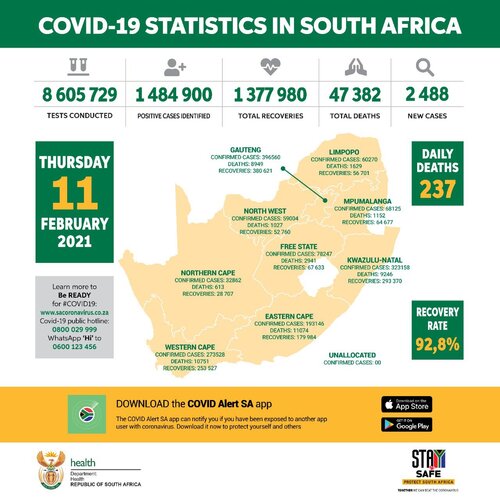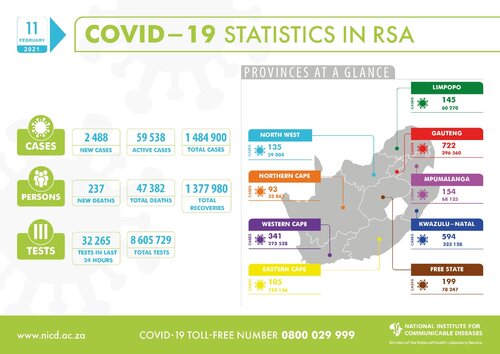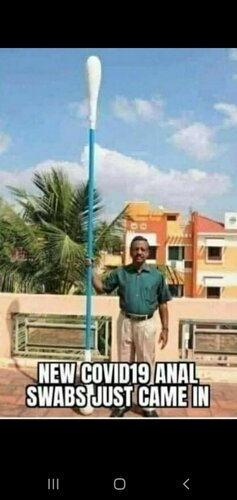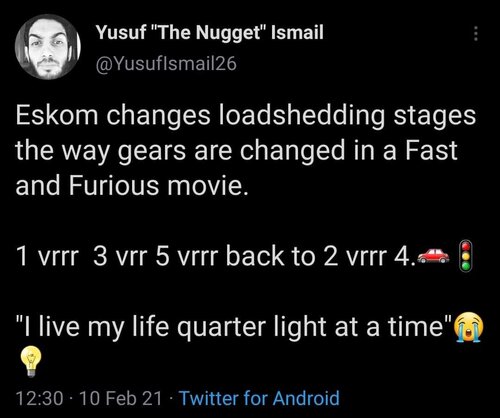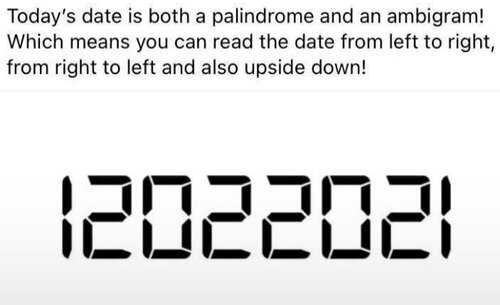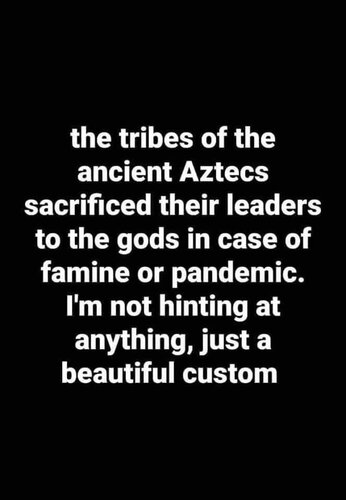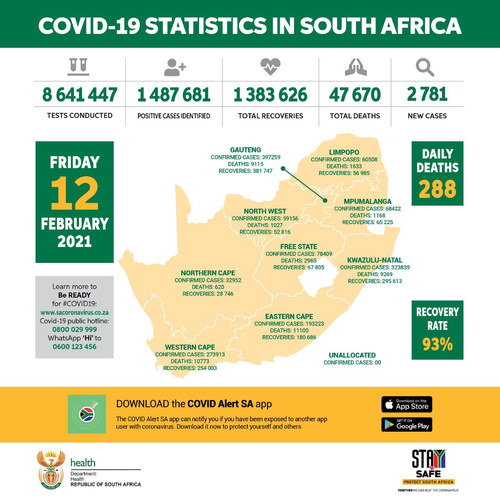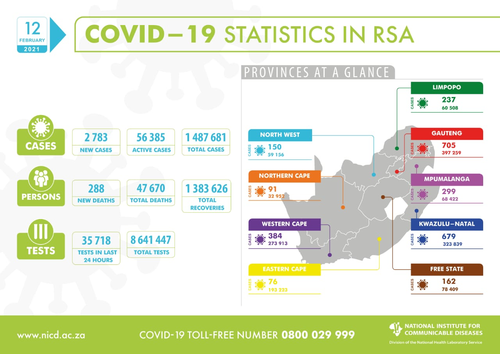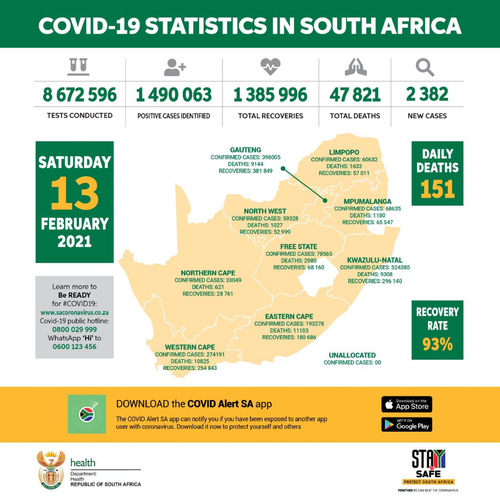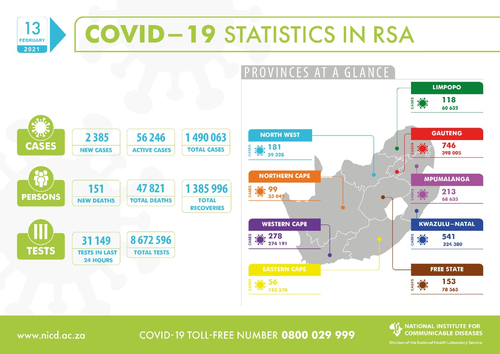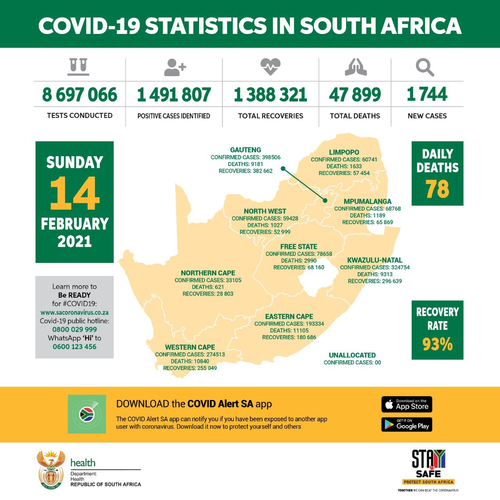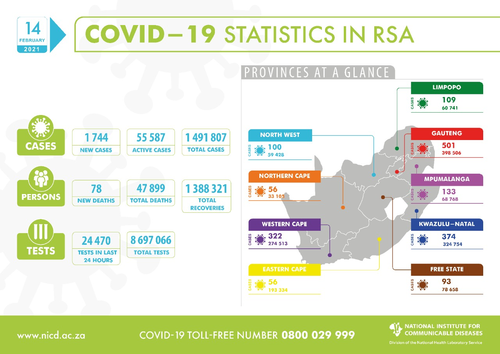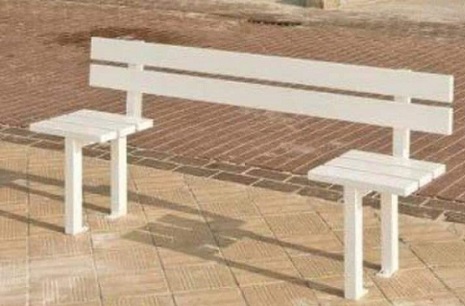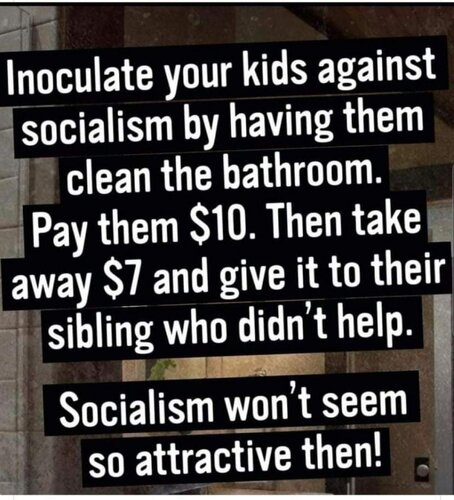Navigation
Install the app
How to install the app on iOS
Follow along with the video below to see how to install our site as a web app on your home screen.

Note: this_feature_currently_requires_accessing_site_using_safari
More options
You are using an out of date browser. It may not display this or other websites correctly.
You should upgrade or use an alternative browser.
You should upgrade or use an alternative browser.
Lockdown diaries - COVID-19 matters!
- Thread starter Grand Guru
- Start date
-
- Tags
- lockdown
JOKE OF THE DAY
South Africa to get new ‘post-apartheid’ smart cities and upgraded highways: Ramaphosa
https://businesstech.co.za/news/tec...ded-highways-ramaphosa/?utm_source=newsletter
Kannie eers rdp huisies behoorlik bou nie , wat nog van 'n stad - miskien 'n stat, nie stad
South Africa to get new ‘post-apartheid’ smart cities and upgraded highways: Ramaphosa
https://businesstech.co.za/news/tec...ded-highways-ramaphosa/?utm_source=newsletter
Kannie eers rdp huisies behoorlik bou nie , wat nog van 'n stad - miskien 'n stat, nie stad
The gas discoveries off South Africa’s coast could be ‘game changers’
https://businesstech.co.za/news/bus...f-south-africas-coast-could-be-game-changers/
If it doesn't get squandered...
https://businesstech.co.za/news/bus...f-south-africas-coast-could-be-game-changers/
If it doesn't get squandered...
I can so see this doing the rounds on social media shortly, with the heading;
"Forward to 65536 friends before midnight, else your nether region will develop an itch, whilst your fingers change into fishhooks"
A cool video that shows the plate tectonics effect over the last billion years.
Probably just want to give the tender to his other son who didn't get the PPE tender!JOKE OF THE DAY
South Africa to get new ‘post-apartheid’ smart cities and upgraded highways: Ramaphosa
https://businesstech.co.za/news/tec...ded-highways-ramaphosa/?utm_source=newsletter
Kannie eers rdp huisies behoorlik bou nie , wat nog van 'n stad - miskien 'n stat, nie stad
Study finds high COVID-19 antibody count among South Africans
https://www.capetownetc.com/news/study-finds-high-covid-19-antibody-count-among-south-africans
14 Feb. 2021
"A new study by the National Blood Service (NBS) into COVID-19 presence in donated blood estimates that more than half the population has had COVID-19.
The study didn’t examine blood from every province. Rather between January 7 – 25, some 4 858 blood donors were tested for antibodies to the virus that causes Covid-19. These antibodies are only present in those who have been infected, even if they didn’t know it.
The tests were done in four provinces: 1457 in the Eastern Cape, 463 in the Northern Cape; 831 in the Free State; and 2107 in KwaZulu-Natal. Extrapolating their results to the whole population, the researchers estimated that 63% of people in the Eastern Cape have been infected since the epidemic started, 32% in the Northern Cape, 46% in the Free State and 52% in KwaZulu-Natal.
In addition to the provinces, the study also identified the different infection rates between races. This is because race is the shorthand most studies use in South Africa to identity socio-economic differences as a result of our racist history.
The study found that in the places where they tested, black people were three times (in the Northern Cape) and five times (KwaZulu-Natal) more likely to have antibodies than white people.
“Our study demonstrates substantial differences in dissemination of SARS-CoV-2 infection between different race groups, most likely explained by historically-based differences in socio-economic status and housing conditions,” the researchers wrote.
It was noted that this small selection is not exactly representative of the country.
“It seems plausible that these estimates are reasonably generalisable to actual population level anti-SARS-CoV-2 seroprevalence, but should be further verified,” they said."
https://www.capetownetc.com/news/study-finds-high-covid-19-antibody-count-among-south-africans
14 Feb. 2021
"A new study by the National Blood Service (NBS) into COVID-19 presence in donated blood estimates that more than half the population has had COVID-19.
The study didn’t examine blood from every province. Rather between January 7 – 25, some 4 858 blood donors were tested for antibodies to the virus that causes Covid-19. These antibodies are only present in those who have been infected, even if they didn’t know it.
The tests were done in four provinces: 1457 in the Eastern Cape, 463 in the Northern Cape; 831 in the Free State; and 2107 in KwaZulu-Natal. Extrapolating their results to the whole population, the researchers estimated that 63% of people in the Eastern Cape have been infected since the epidemic started, 32% in the Northern Cape, 46% in the Free State and 52% in KwaZulu-Natal.
In addition to the provinces, the study also identified the different infection rates between races. This is because race is the shorthand most studies use in South Africa to identity socio-economic differences as a result of our racist history.
The study found that in the places where they tested, black people were three times (in the Northern Cape) and five times (KwaZulu-Natal) more likely to have antibodies than white people.
“Our study demonstrates substantial differences in dissemination of SARS-CoV-2 infection between different race groups, most likely explained by historically-based differences in socio-economic status and housing conditions,” the researchers wrote.
It was noted that this small selection is not exactly representative of the country.
“It seems plausible that these estimates are reasonably generalisable to actual population level anti-SARS-CoV-2 seroprevalence, but should be further verified,” they said."
The rand was introduced as South Africa’s currency on 14 February 1961 which means it is celebrating its 60th anniversary today.
A Decimal Coinage Commission was established in 1956 to look at South Africa’s currency and 8 August 1958 it recommended replacing the British Pound with a new currency named “rand.”
The rand officially replaced Pound Sterling as legal tender and pounds on 14 February 1961 and pounds, shillings, and pence were replaced by rands and cents.
To inform the public about the new currency, the government introduced a mascot called Daan Desimaal who was accompanied by a radio jingle.
The change in currency happened just three months before South Africa declared itself a republic and left the Commonwealth of Nations on 31 May 1961.

https://mybroadband.co.za/news/busi...s-paid-for-coffee-bread-and-beer-in-1961.html
A Decimal Coinage Commission was established in 1956 to look at South Africa’s currency and 8 August 1958 it recommended replacing the British Pound with a new currency named “rand.”
The rand officially replaced Pound Sterling as legal tender and pounds on 14 February 1961 and pounds, shillings, and pence were replaced by rands and cents.
To inform the public about the new currency, the government introduced a mascot called Daan Desimaal who was accompanied by a radio jingle.
The change in currency happened just three months before South Africa declared itself a republic and left the Commonwealth of Nations on 31 May 1961.

https://mybroadband.co.za/news/busi...s-paid-for-coffee-bread-and-beer-in-1961.html
It has become cheaper to buy a beer these days.The rand was introduced as South Africa’s currency on 14 February 1961 which means it is celebrating its 60th anniversary today.
A Decimal Coinage Commission was established in 1956 to look at South Africa’s currency and 8 August 1958 it recommended replacing the British Pound with a new currency named “rand.”
The rand officially replaced Pound Sterling as legal tender and pounds on 14 February 1961 and pounds, shillings, and pence were replaced by rands and cents.
To inform the public about the new currency, the government introduced a mascot called Daan Desimaal who was accompanied by a radio jingle.
The change in currency happened just three months before South Africa declared itself a republic and left the Commonwealth of Nations on 31 May 1961.

https://mybroadband.co.za/news/busi...s-paid-for-coffee-bread-and-beer-in-1961.html
The rand was introduced as South Africa’s currency on 14 February 1961 which means it is celebrating its 60th anniversary today.
A Decimal Coinage Commission was established in 1956 to look at South Africa’s currency and 8 August 1958 it recommended replacing the British Pound with a new currency named “rand.”
The rand officially replaced Pound Sterling as legal tender and pounds on 14 February 1961 and pounds, shillings, and pence were replaced by rands and cents.
To inform the public about the new currency, the government introduced a mascot called Daan Desimaal who was accompanied by a radio jingle.
The change in currency happened just three months before South Africa declared itself a republic and left the Commonwealth of Nations on 31 May 1961.

https://mybroadband.co.za/news/busi...s-paid-for-coffee-bread-and-beer-in-1961.html
Quite frankly I find grocery prices absolutely appalling. I come home with just a few items which cost me R300!
I remember when I was growing up we often had roast leg of lamb on a Sunday. Those were the days!!
Sheep lives matter ok! They eat, they love, they vote, they matter!Quite frankly I find grocery prices absolutely appalling. I come home with just a few items which cost me R300!
I remember when I was growing up we often had roast leg of lamb on a Sunday. Those were the days!!
Regards
Similar threads
- Replies
- 0
- Views
- 1K
- Replies
- 1
- Views
- 2K
- Replies
- 0
- Views
- 1K




